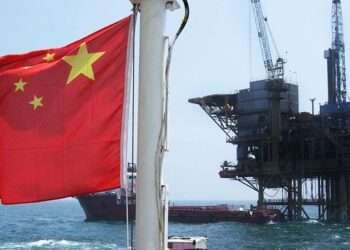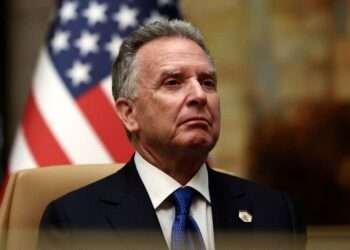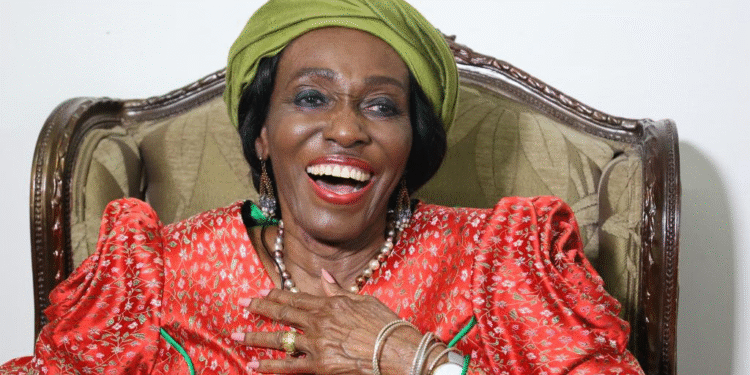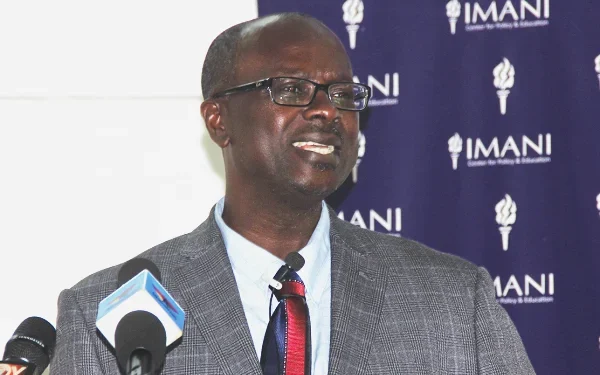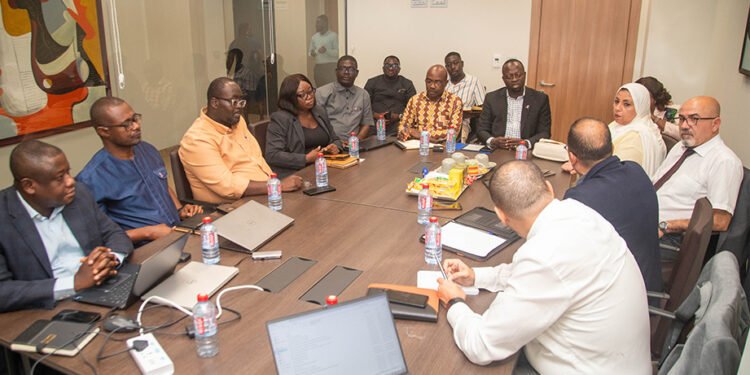The IMF forecast a 1.9 percent GDP growth for China in 2020 due to the country’s fast pace of recovery from the pandemic.
The IMF’s First Deputy Managing Director, Mr. Geoffrey Okamoto, who joined discussions virtually on the 2020 Article IV Consultation from 26th October to 4th November 2020, said
“The Chinese economy continues its fast recovery, with GDP growth projected at 1.9 percent in 2020 and 8.2 percent in 2021. Core inflation is expected to remain subdued, leaving CPI inflation in 2021 below the pre-crisis target of about 3 percent”.
According to him, the COVID-19 pandemic has inflicted significant human and economic costs on China, but a major containment effort has helped contain the spread of the virus, and macroeconomic and financial policies have mitigated the crisis’ impact and quickly returned the economy to growth.
Mr. Okamoto indicated that despite the crisis, important reforms continued, including steps taken to further open the financial sector, advance Hukou reform, and improve intellectual property protection.
“While the recovery is advancing, growth remains unbalanced as it relies heavily on public support while private consumption is lagging. The outlook faces downside risks, stemming from rising financial vulnerabilities, and the increasingly challenging external environment”, said Mr. Okamoto.
The IMF’s First Deputy Managing Director stated that to secure a balanced recovery, macroeconomic policies need to remain supportive and their effectiveness enhanced.
“Fiscal policy should stay slightly expansionary, shifting from spending on infrastructure towards strengthening social safety nets and promoting green investment. With public debt already high and rising, fiscal policy will be more effective when underpinned by an improved macro-fiscal framework and intergovernmental coordination, while leveraging digital technologies to deliver support to vulnerable groups”.
Mr. Okamoto stated that given the low inflation, monetary policy should remain accommodative, which will also support the fiscal effort. Further modernization of the monetary policy framework to strengthen the effectiveness of conventional interest rate policies would help improve credit intermediation. Continued exchange rate flexibility will be essential to facilitate adjustment to changing external circumstances.
“To safeguard stability, the authorities are monitoring financial vulnerabilities closely. As the recovery takes hold, exceptional financial support measures to avoid a credit squeeze should be replaced with proactive efforts to address problem loans and strengthen regulatory and supervisory frameworks. A comprehensive bank restructuring framework will lower systemic risks and continue de-risking.
“Simultaneous implementation of additional key reforms—including a further opening up of domestic markets, reforming state-owned enterprises (SOEs), and ensuring competitive neutrality with private firms while promoting green investment and strengthening social safety nets—will support a job-rich and balanced recovery. These reforms will also help boost potential growth, reduce external imbalances, and build a more resilient, greener, and more inclusive economy.
“China can help the international community overcome several of the major challenges facing the global economy. This includes supporting international efforts to expand access to a vaccine, providing debt relief to low-income countries and sustainable financing for global infrastructure investment, and tackling climate change. China and its trading partners should work together to build a more open, stable, and transparent, rules-based international trade and investment system.
“We would like to thank the authorities for the excellent discussions and support which made this virtual Article IV visit possible.”




